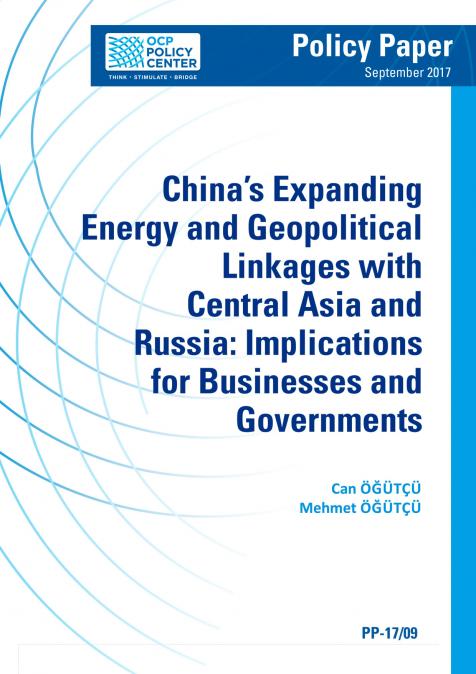Podcasts
Le retour du risque géopolitique : Le triangle stratégique Russie, Chine, États-Unis
Related topics:
Ce podcast est délivré par Thomas Gomart. A partir d'une réflexion sur le risque pays, Thomas Gomart analyse les relations entre Washington, Pékin et Moscou en se focalisant sur les questions numériques, énergétiques et de sécurité. Ces trois puissances forment un triangle stratégique ayant à lui seul une dimension systémique. Il offre un point d'observation privilégié des transformations en cours du système international.
Cette recherche vise à améliorer les capacités d'anticipation des entreprises privées et des acteurs publics, qui nécessitent des capacités d'identification et de formulation des problèmes politiques rencontrés dans leurs activités. S'ils ne s'intéressent pas à la géopolitique, la géopolitique s'intéresse à eux.
L’intervention répond aux questions suivantes :
1) Quelle est la part que vous accordez à la géopolitique dans le risque pays ?
2) Quel est le triangle stratégique et quelles sont les conséquences de la transformation du triangle.
3) Pouvez-vous faire un point sur les relations bilatérales des membres du triangles, en précisant l’évolution de la relation Russo-Américaine ?










